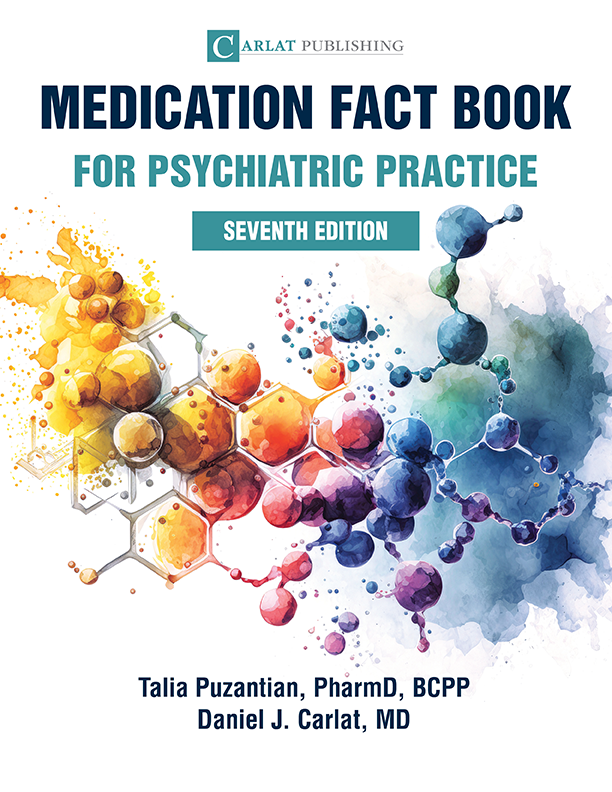General Psychiatry
A CBT App for Refractory Depression
Xiaofan Li, MD.
Dr. Li has disclosed that he has no relevant financial or other interests in any commercial companies pertaining to this educational activity.
Read More
A Look at the Latest Antidepressant Meta-Analysis
Adam Strassberg, MD
Psychiatrist in private practice in Palo Alto, CA. Contributing writer to the Carlat newsletters.
Dr. Strassberg has disclosed that he has no relevant financial or other interests in any commercial companies pertaining to this educational activity.
Read More
EXPERT Q&A
Neurobiology Concepts for Psychiatrists
David M. Kaufman, MD
Department of Neurology, Montefiore Medical Center, Bronx, NY. Co-author of Kaufman’s Clinical Neurology for Psychiatrists, 8th ed. (Elsevier).
Dr. Kaufman has disclosed that he has no relevant financial or other interests in any commercial companies pertaining to this educational activity.
Read More
The Neuroscience Behind Addictions and SSRIs
Edmund M. Higgins, MD
Clinical associate professor, Psychiatry and Behavioral Sciences, Medical University of South Carolina. Co-author of The Neuroscience of Clinical Psychiatry: The Pathophysiology of Behavior and Mental Illness, 3rd ed. (Wolters Kluwer).
Dr. Higgins has disclosed that he has no relevant financial or other interests in any commercial companies pertaining to this educational activity.
Read More
Dose Maintenance, Reduction With Antipsychotics
Adam Strassberg, MD.
Dr. Strassberg has disclosed that he has no relevant financial or other interests in any commercial companies pertaining to this educational activity.
Read More
Lithium Favored in Treatment Effectiveness Study
Adam Strassberg, MD.
Dr. Strassberg has disclosed that he has no relevant financial or other interests in any commercial companies pertaining to this educational activity.
Read More

_-The-Breakthrough-Antipsychotic-That-Could-Change-Everything.jpg?1729528747)



